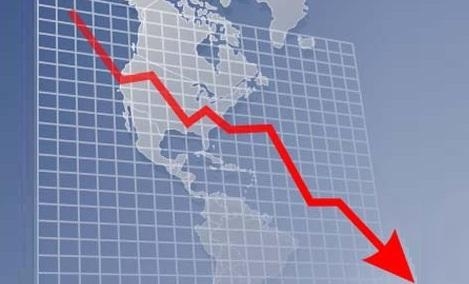Government/Policy

July 7, 2018
Chamber Parts Ways with Trump on Tariffs
Written by Tim Triplett
The U.S. Chamber of Commerce could normally be expected to support the policies of a “pro-business” president. But recent and proposed trade actions by the Trump administration threaten the nation’s economic resurgence and as many as 2.6 million American jobs, contend Chamber leaders.
In a new analysis, the Chamber outlines the state-by-state impact of retaliatory tariffs from China, the European Union, Mexico and Canada, which have been imposed in response to new U.S. tariffs on imported goods. The analysis shows how much of each state’s exports are threatened by retaliatory tariffs, highlights each state’s hardest-hit products, and shows the total number of jobs supported by global trade in each state, illustrating exactly what American families and consumers stand to lose in a potential trade war.
“Tariffs are beginning to take a toll on American businesses, workers, farmers and consumers as overseas markets close to American-made products and prices increase here at home,” said U.S. Chamber President and CEO Thomas J. Donohue. “Tariffs are simply taxes that raise prices for everyone. Tariffs that beget tariffs that beget more tariffs only lead to a trade war that will cost American jobs and economic growth.”
As of this week, approximately $75 billion worth of U.S. exports will be subject to retaliatory tariffs, the Chamber said. Escalating tit-for-tat trade actions promise to raise costs on American businesses and consumers, making it harder for families to afford everyday products like toilet paper, condiments, coffee, and ballpoint pens, which have been targeted for retaliation.
The analysis, found at www.thewrongapproach.com, includes a state-by-state breakdown of products targeted for retaliation by China, the EU, Mexico and Canada, as well as how much those retaliatory tariffs could cost each state.
“The administration is threatening to undermine the economic progress it worked so hard to achieve,” continued Donohue. “We should seek free and fair trade, but this is just not the way to do it. It’s time to reverse course and adopt smarter, more effective approaches for addressing trade concerns with commercial partners.”







